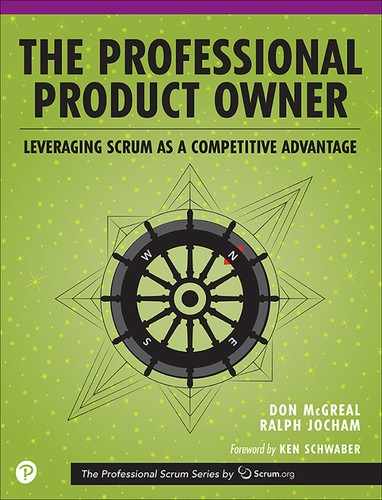FOREWORD
COMMUNICATION, INTENTIONALITY, AND FULFILLMENT
You may have something you want done. You may have a vision you want fulfilled (a new way for people to travel between two places); a product you want created (a water slide at a lake, or a quantum computer); an improvement that you want to make to something (customer service is quicker, more effective, friendlier). Regardless, you are a person who has the authority and resources to try to get what you want. But you find it very, very hard.
Your skill is visioning what you want. Your skill is not necessarily building what you want (even if you could, you don’t have time to do so).
You just have to tell someone what you want, fund and provision them adequately, and the result will be great (or at least satisfying).
We assume when we communicate with other people that they understand what we mean. Not necessarily so. You may be inarticulate or incomprehensible. The people you communicate with may be dunderheads.
Even more distressing, we assume that we know what we mean, even though we may not have thought it through accurately or completely. Our attempted communication may be premature. But, who has time to wait?!
This book presents a method of communicating our desires, cogently, coherently, and with a minimum of fuss and bother. Otherwise, we can alienate our allies, waste our capital, and cause irreparable damage. I know.
A great strength of Scrum is your ability to frequently check the clarity of what is being communicated, as well as how well the others perceive what you are communicating.
Frequent inspection of the clarity of communications and the consequences is important. It is particularly important at the start of an endeavor when we are just learning how to communicate what the results may be. As we get better at communicating, the communications become more precise. With less effort, we learn how to determine the unknown and turn it into clarity, and we get the results we desire.
As the person who wants something, when you use Scrum to improve communications and the outcomes, your role is called the Product Owner. Don McGreal and Ralph Jocham have written this book to help you use Scrum to do so. They should know because they have done it.
—Ken Schwaber
